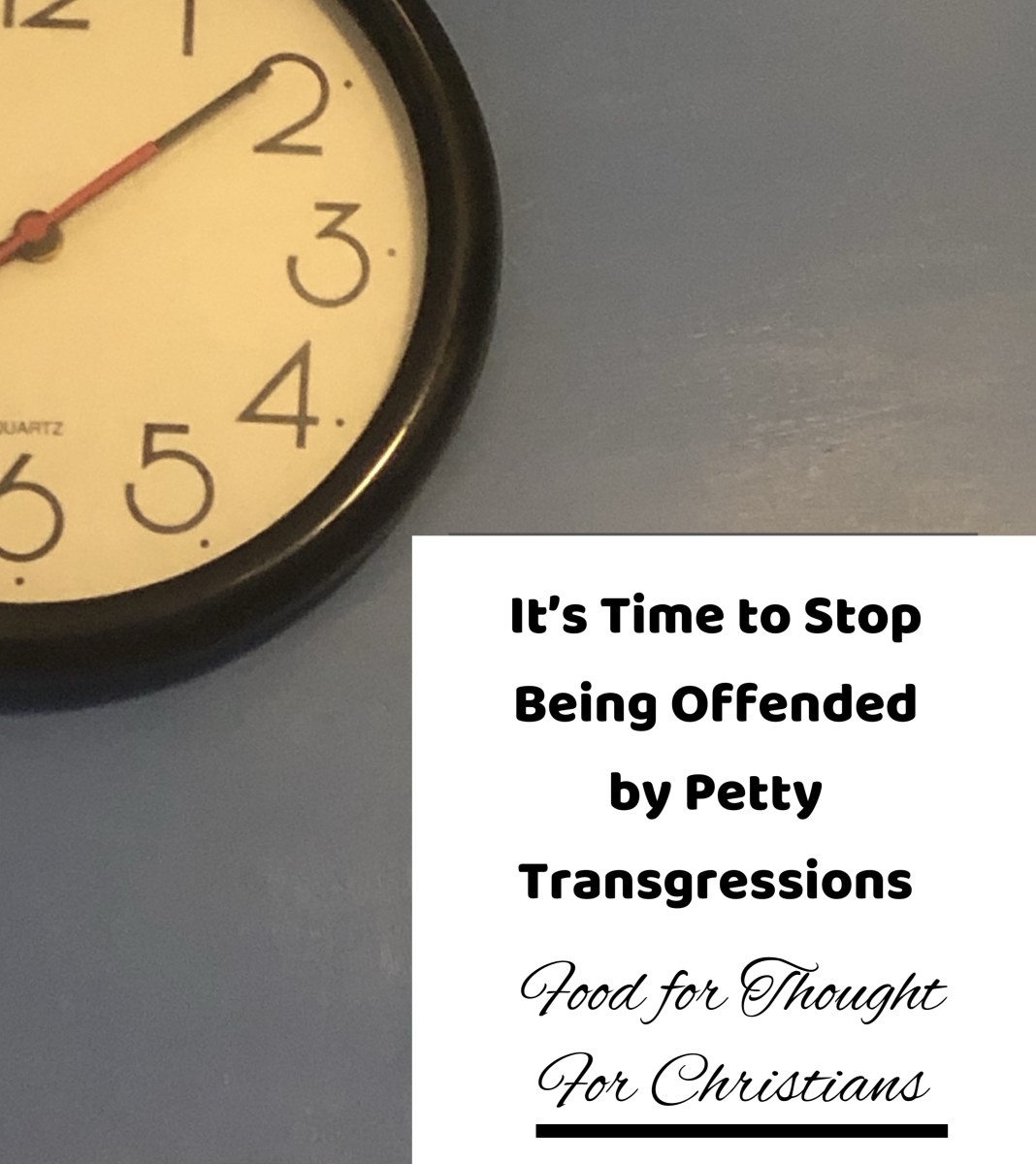Resolving Conflicts in Relationships
What is the Conflict Really About?

How Successful Couples Resolve Conflicts
Every couple argues, some more than others. Conflicts and disagreements are a normal part of a loving relationship. The most important factor in arguments is how they are handled by the couple.
Many couples fight and freeze. They argue and never resolve what is really bothering them. This leads to grudges building up over time. These unresolved issues never get discussed and communication is eventually shut down. When this happens, a couple may stop trying to work things out.
It takes a lot of energy to make a relationship work. It is never easy to try to understand each other and settle heavy issues. In successful relationships, couples have learned to relate to each other, settle their disagreements, and also stay close.
The Benefits of Being in a Good Relationship
Part of conflict resolution is the ability to talk it out and then le it go. When handled properly and in a healthy manner, your relationship will get better and better through time.
- don’t attack each other
- disagree but stay connected
- forgive and forget after the issues have been discussed
- learn and grow
- keep the affection in your relationship
- respect each other at all times
- keep interested in each other
- let the little things go
It is important to keep perspective about your arguments. Some things are not worth fighting over. Do you really want to have a disagreement over little things or is it worth to let some things go. Keep perspective about what really matters to you.
Succcessful relationships thrive because of an emotional intelligence that allows them to handle conflicts in an effective and non defensive way. Studies among people in intimate relationships show that having a healthy relationship is one of the most important assets a person can have. The benefits show that happy couples:
- have a better immune system
- live longer
- act out with less violence
- have a lower rate of illness
- have fewer mental and emotional health problems
There are great benefits to the children of these couples too:
- less emotional and physical issues
- higher academic performance
- can control their own emotions better
- have better social skills
Attachment Styles

Attachment Styles and Conflict Resolutions
Brain imaging also proves that our brain gets conditioned in a set neural pathway that conditions us to respond to stress sometimes against our best interest.
Scientists at the University of Minnesota conducted a long term study, following children from birth to their 20’s. The study began in the mid 1970’s. The researchers took 73 of the participants who were now in their 20’s in a lab with their partners.
The couples discussed a topic they disagreed on for ten minutes and then a different topic they both agreed upon, to cool down for four minutes. On video, the researchers observed that some couples were able to settle the disagreement easily and others couldn’t.
Using data from the participants at the age of one year and 18 months, they found a correlation between how attached the babies were to their parents and how well they resolved conflicts as adults. In the individuals who had less secure attachments as babies, if they had a partner who could settle a conflict easier, their relationship had an opportunity to last.
Attachment in Infancy Affects How We Bond as Adults
From infancy, babies innately become connected to their caregivers. This connection is known as attachment. Healthy attachments give security, reduce anxiety and lessen stress in the way couples relate to each other. There are three attachment styles categorized by secure attachment, anxious-ambivalent, and avoidant. These types of attachments influence how couples relate, support and trust each other.
- secure attachment - couples in these type of relationships have a closeness with each other and are built on their own high self esteem. They are accepting of intimacy and have a comfortableness with each other, they deal with conflicts constructively, communicate and freely express their feelings and have a healthy relationship with each other. Conflicts can bring the couple closer together because they are effective at settling their differences.
- anxious-ambivalent - individuals are often jealous, have low levels of trust and unsatisfying relationships. They may be clingy and overly dependent, controlling, jealous and domineering at times. They may obsess that their partner doesn’t love them, worry that their mate will leave them, and feel under appreciated. Conflicts makes this type of person feel insecure, negative, and doubtful about the relationship. When they have an argument, they view these disagreements as a threat to their partners commitment and love towards them. An anxious-ambivalent personality will develop defensive thoughts and may look to end the relationship.
- avoidant - these people fear emotional dependency and put limits on their establishment of intimate relationships. They may have a tendency to be passive aggressive in their behavior and have deep seated feelings of resentment. When conflicts arise, they may see their relationship as losing closeness. Avoidant personalities don’t look for support from their partner and may even alienate others due to their controlling ways. Avoidant individuals harm the closeness in the relationship.
By understanding your type of attachment style, you can help the relationship you have with your partner. Attachment issues begin in infancy, but affect our adult relationships. Unhealthy attachment styles can undermine a healthy relationship.
Conflict Resolution Skills
Using conflict resolution skills strengthen the bonds between partners. Mismanaged conflicts harm relationships. Resolutions can bring about opportunities and many positive ways to grow and develop as a couple.
When differences arise between two people, it may be a signal that there are deeper personal needs at the heart of the disagreement. Needs such as feeling safe, for respect, for intimacy, to feel understood, supported and nutured.
Where there is a conflict, both partners have needs that must be considered. When the other person’s needs are ignored, or disrespected, distance ensues. Compassion and understanding open an avenue for problem solving and improving relationships.
About Conflicts
A few things to know about conflicts:
- A conflict is always more than just the conflict - one or both partners perceives a threat that may or may not be real.
- When conflicts are ignored, they often fester and build up.
- The view we have of the world affects how we respond to conflicts.
- Our perceptions are the sum of our experiences, of our beliefs, of our values, of our culture, of society, and the environment around us.
- Our emotions affect how we react to conflicts. An inability to manage our emotions will make it harder to resolve conflicts easily.
- Conflicts once resolved build trust, security, and strength in the relationship to endure challenges and disagreements.
- Some people fear conflict and look to avoid it. Much depends on your upbrining and how disagreements were dealt with in your home. If your homelife was filled with badly ending arguments, you may believe all conflicts will end that way.
When couples disagree, strong emotions are often evoked. People may look to hurt the other person, or the lack of recognizing the other person’s needs can lead to disappointment and sometimes irreparable rifts and eventual breakups. When we work at resolving conflicts in a healthy way, we increase our trust, the bonds we share with the other person, and we can gain an understanding which enhances the bonds of a couple’s relationship.
Conflict resolution begins with understanding yourself and your own feelings. Caring for your own emotions, will help you understand your own needs that much better. By understanding your own needs, you will be better able to communicate them to your partner.
Stress Relief Tips for Better Conflict Resolutions
If you find yourself stressed during moments of conflicts, start with a quick stress relief exercise so that you can stay focused and calm in the situation.
- take a couple of deep long breaths
- smile
- close your eyes and picture your child’s face
- hug or kiss someone
- make a cup of tea
- think of something positive
- take a walk
- use your senses of taste, touch, sight, sound, and smell. Through sensory input, you can soothe yourself.
When people get stressed, they are quicker to anger, they may be agitated, they may shut down, they may elicit little energy or emotions.
Conflict Resolution Guidelines
People who are stressed have less ability to perceive the other person’s non verbal cues. They may not be able to hear what the other person is really saying or be in touch with their own feelings or needs, and their ability to communicate becomes compromised.
Emotional awareness is an important aspect in conflict resolution and the ability to respond in a way that will attract and influence others. Keeping stress and emotions in balance will enable you to fully enjoy pleasures, to laugh more, to get beyond adversity and the challenges that arise from conflict. Through proper resolution, you can have an opportunity for greater connectivity and intimacy with your mate.
Here are some conflict resolution guidelines:
- listen to your partner with the idea that you want to understand what they are saying. Sometimes we listen so that we can debate, so that we can be heard.
- stay focused on the idea that solving is what is important, not to be right.
- focus on the current issues at hand, even though there may be a basketful of hurts and resentments you want resolved too.
- don’t look to blame, look for practical and satisfying solutions.
- pick your battles by considering what is truly important to devote your energy towards.
- forgiveness, not punishment will lead to more positive solutions
- if is not important let it go by agreeing to disagree so that you can move on and not get caught up in little things that don’t really matter when you look at the big picture.







